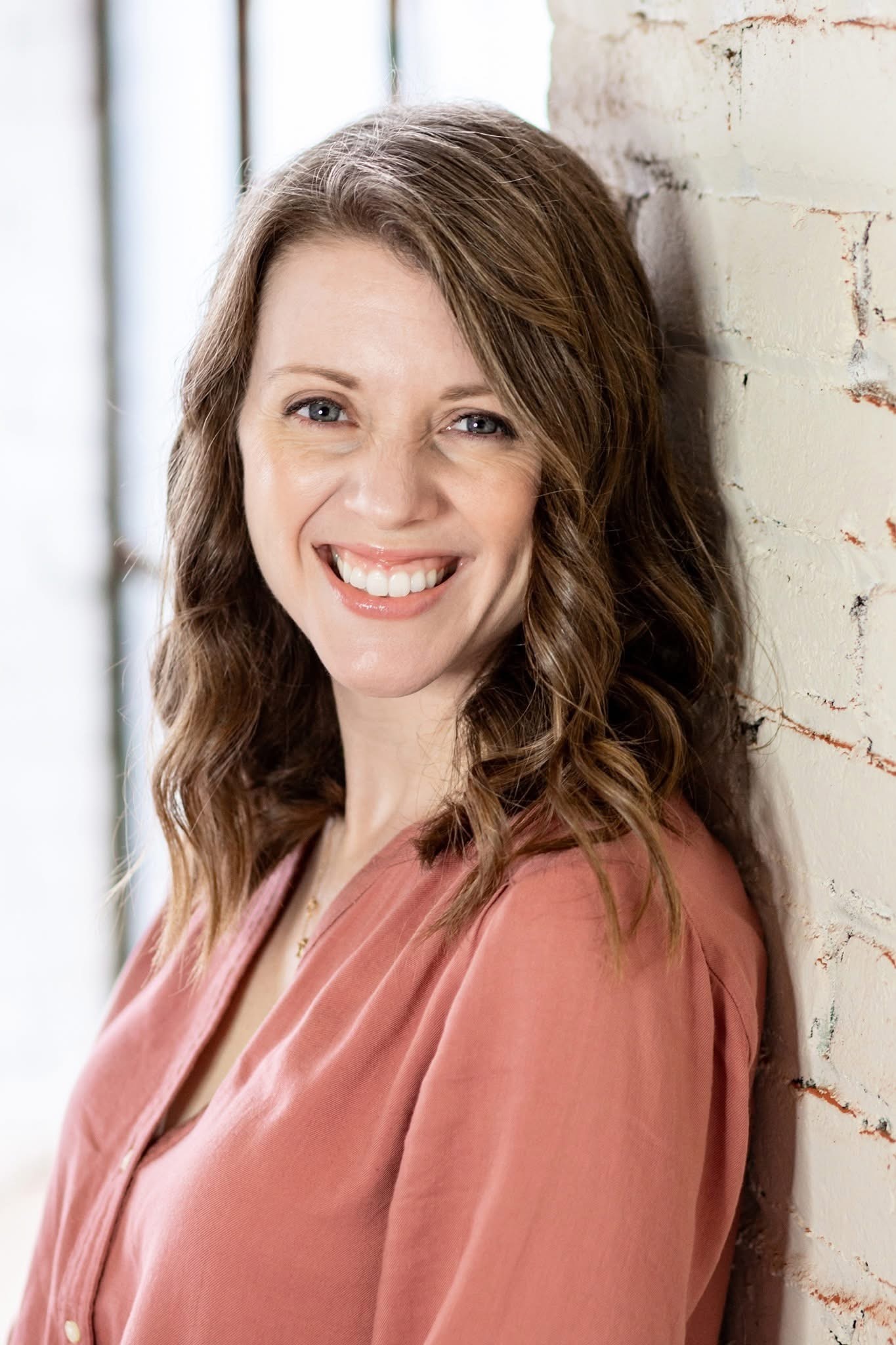3MT Winner Spotlight | Angie Auldridge

"3MT is a great exercise in articulating research in a concise way to someone who doesn’t have much background."
Angie Auldridge, 3MT People’s Choice Award Winner
Program
- Business Administration (Doctorate)
- Organizational Leadership (Doctorate)
Department
- Delaplaine School of Business
Angie Auldridge is a current doctoral student in Hood College’s doctorate of organizational leadership program. Auldridge participated in this year’s Three-Minute Thesis (3MT) competition and won the People’s Choice Award. Her research focuses on the caregivers of children with intellectual disabilities, who choose entrepreneurship as a way to be the solution and create pathways for their children to thrive. We spoke with Auldridge on her research, experiences as the mother of a child with IDD and how she advocates for other caregivers in her professional life.
Can you tell us about yourself and your career background?
I’m a mother of three children, one with an intellectual disability. I am also half of the Embracing Holland podcast, where I talk to caregivers who are doing or did creative things to support their children and loved ones with special needs diagnoses. Many of their careers and lives changed upon having children with a disability, and the podcast highlights this. It’s a growth journey that often goes unseen by the broader public. Currently, I am in the doctorate of organization leadership program at Hood.
That’s really cool! Can you tell me a bit more about Embracing Holland?
I started the podcast Embracing Holland with a friend who also had a child with special needs. We met a few years ago and had the shared goal of talking more about the real aspects of individuals being caregivers—the challenges, the joys, the unexpected turns.
There are lots of differences in approaches on how people are caregivers, and the podcast sheds light on individuals who have chosen entrepreneurship and different styles of raising children with IDDs, while offering a platform to connect and provide community for others.
We started in March 2020 due to COVID, and it was a good time because people had an opportunity to listen, and we also could put our time into those crucial conversations while being at home. We had to largely pause the production of our podcast while I went back to school for my doctorate, but we intend to begin producing regular episodes once I’m finished with the program and my dissertation.
What inspired your research topic for 3MT, and why is it important?
The enormity of the cliff—people would often tell me about the cliff of having special needs children, and I wanted people to understand. It can be a lifelong battle for services and support, and there was a lack of conversation surrounding this topic.
My research was driven by the goal of having people understand the caregiver experience, when there is typically a void of conversation around this topic. Research shows that caregivers are a major factor when it comes to independence for their children. Even with that, many caregivers of children with IDDs are left very unsupported, even when considering helping their children to find meaningful and gainful employment.
My research focuses on caregivers who choose entrepreneurship as a way to be the solution and create pathways for their children to thrive. My study focuses on how they navigate their own lived experiences balancing their own needs, successes and struggles.
Where would you like to take your research?
I’d like to understand more about divorce rates among parents of children with special needs and the evolution of how it works with relationships between parents and children. There’s limited research in this area, and families deserve better data and support. For example, there’s a 25-year wait for housing. Most people don’t know this, which adds to understanding what happens when caregivers pass away. There’s also an average nine-and-a-half-year wait just to qualify for Medicaid in-home support. An average of 8-10 years for essential assistance means families are left without critical resources during formative years. So, more research can be done into how support structures change and how support can fail.
My research aims to highlight how families need support too, not just the individuals with disabilities. And I’m examining the economic aspects as well. For example, DSPs (Direct Support Professionals) don’t get paid nearly enough to support individuals with complex needs.
I’ve been fortunate to serve on the Maryland Disabilities Council for five years and the board of The Arc in Washington County for an additional five years, which has given me valuable perspective on policy needs. I’d like my research to have practical applications that can influence policy and improve support systems and structures for both individuals with IDD and their families.
What advice would you give to future 3MT participants?
3MT is a great exercise in articulating research in a concise way to someone who doesn’t have much background. I prepared by defending my dissertation proposal and creating my abstract. I had to translate complex concepts to resonate.
My tip would be to practice telling people with the goal of helping them understand the importance and significance of the research. Being able to communicate research in a way that it reaches other people is important.
Ready to #GOFURTHER in your career? Learn more about Hood College’s doctorate programs, such as organizational leadership, by clicking here.
Are you ready to say Hello?
Choose a Pathway
Information will vary based on program level. Select a path to find the information you're looking for!
